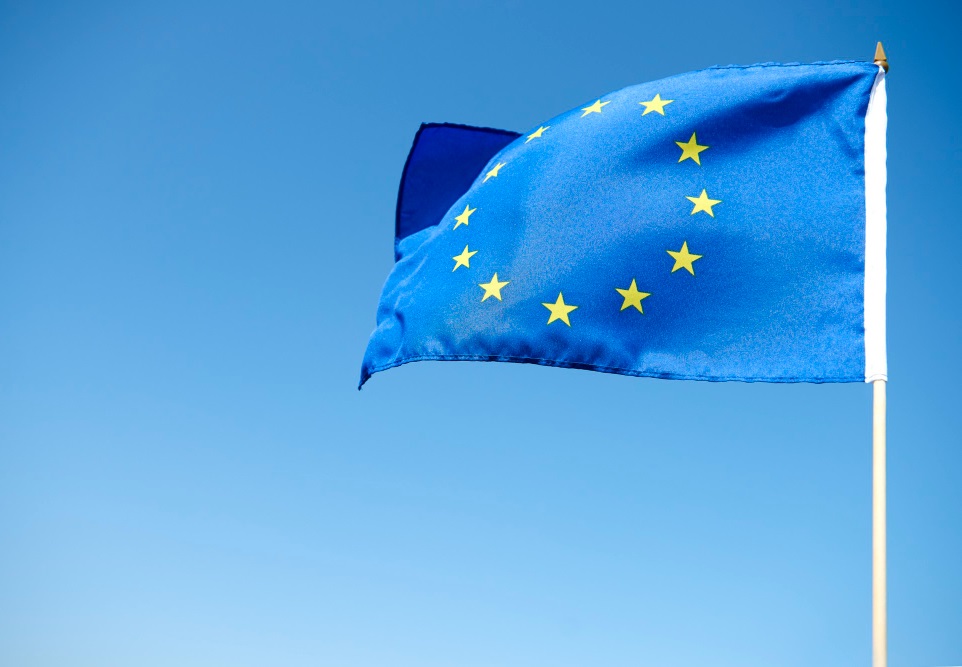The European Union commemorates the 20th anniversary of its largest expansion.
Here are the main points:
- The EU marked its most significant enlargement on May 1.
- Ten countries joined the EU simultaneously on May 1, 2004.
- Multiple other nations are working towards EU membership in the coming years.
On May 1st, the European Union commemorated the 20th anniversary of its largest expansion ever, which saw its membership increase from 15 to 25 states.
Two decades ago, ten new nations—Cyprus, Czechia, Estonia, Hungary, Latvia, Lithuania, Malta, Poland, Slovakia, and Slovenia—jointly joined the EU.
All of these nations, except Cyprus, are also part of the Schengen Area, which ensures free movement within its borders and promotes safe travel.
The Schengen Area stands as the world's largest zone for unrestricted travel, facilitating seamless and secure journeys without the need for border checks.
Authorities assert that the 2004 EU enlargement bolstered the bloc's security through ongoing police cooperation at its external borders.
Furthermore, this expansion has contributed to increased stability and peace in the region, among other benefits.
It has promoted peace, stability, and the expansion of areas of freedom, security, and the rule of law, empowering the EU to better combat transnational crime, including drug trafficking, money laundering, and cybercrime.
EU Commission’s Directorate-General for Migration and Home Affairs
Estonia's Prime Minister, Kaja Kallas, marked the country's two-decade tenure as an EU member by emphasizing its influential role in shaping the bloc's trajectory.
Kallas highlighted Estonia's successful journey since joining the EU, noting its contributions to the development of the union and its assistance to aspiring member states.
Over the past 20 years, Estonia has actively influenced the EU's evolution, earning trust as a valued partner with respected perspectives.
With EU support, Estonia has directed investments across various sectors, while EU membership has granted Estonian citizens the freedom to travel, work, and study within the union without bureaucratic hurdles.
Since the 2004 enlargement that welcomed ten new countries into the EU, three more nations have gained membership. Bulgaria and Romania joined in 2007, followed by Croatia in 2013. This brings the total number of enlargement rounds to seven, with each bringing new member states:
- 1973: Denmark, Great Britain, Ireland
- 1981: Greece
- 1986: Portugal, Spain
- 1995: Austria, Finland, Sweden
- 2004: Czechia, Cyprus, Estonia, Hungary, Latvia, Lithuania, Malta, Poland, Slovakia, and Slovenia
- 2007: Bulgaria, Romania
- 2013: Croatia
Additionally, several Balkan nations, including Bosnia and Herzegovina, Montenegro, Kosovo, Albania, North Macedonia, and Serbia, are pursuing EU membership, although they must meet certain criteria first. Ukraine, Moldova, and Georgia also aspire to join the EU, but progress on their applications remains pending.

